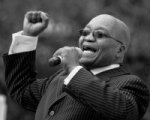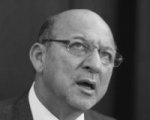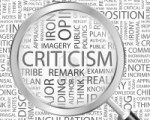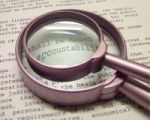 FEATURE: President Zuma has brought this on himself. It is unfortunate, because much of the debate about this new painting (currently on exhibition at the AVA Gallery in Cape Town) will not be about the quality of the art, but all those euphemisms the ANC evokes to suppress freedom of expression – dignity, respect, culture, etc. I feel duty bound to post the picture, then, for two reasons: one, to demonstrate some consistency on this issue and two, to take a stand for freedom of expression, in the same way I did over The Spear. Thus, what follows below is the new painting of President Jacob Zuma, by artist Ayanda Mabulu. Read this blog to see it and, if you do, and you are sensitive about such things, make the choice to be offended and test your own tolerance and constitutional commitment. Choice is the essence of freedom, here is yours.
FEATURE: President Zuma has brought this on himself. It is unfortunate, because much of the debate about this new painting (currently on exhibition at the AVA Gallery in Cape Town) will not be about the quality of the art, but all those euphemisms the ANC evokes to suppress freedom of expression – dignity, respect, culture, etc. I feel duty bound to post the picture, then, for two reasons: one, to demonstrate some consistency on this issue and two, to take a stand for freedom of expression, in the same way I did over The Spear. Thus, what follows below is the new painting of President Jacob Zuma, by artist Ayanda Mabulu. Read this blog to see it and, if you do, and you are sensitive about such things, make the choice to be offended and test your own tolerance and constitutional commitment. Choice is the essence of freedom, here is yours.
Read the rest of this entry »












































